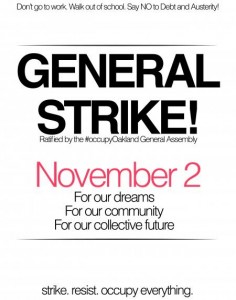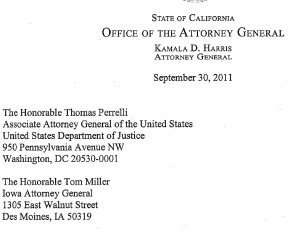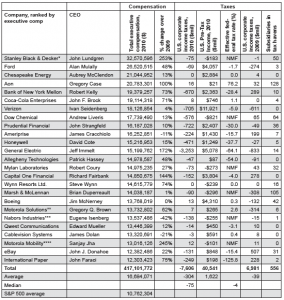Trump Charity A Continuing Fraud On The People Of New York
 One of the items of breaking news (no, really!) over the last 24 hours is the cease and desist order issued by the New York Attorney General’s Office to Donald Trump’s vaunted “charity”. The full text of the official letter can be found here.
One of the items of breaking news (no, really!) over the last 24 hours is the cease and desist order issued by the New York Attorney General’s Office to Donald Trump’s vaunted “charity”. The full text of the official letter can be found here.
The New York Times described it thusly:
The office of New York Attorney General Eric T. Schneiderman has issued a “notice of violation” to Donald J. Trump’s foundation, ordering it to immediately stop soliciting charitable donations in New York.
The letter, which was sent on Friday and released on Monday morning by Mr. Schneiderman’s office, said its charities bureau had determined that the Donald J. Trump Foundation had been fund-raising in New York this year when it was not registered to do so under state law.
“The Trump Foundation must immediately cease soliciting contributions or engaging in any other fund-raising activities in New York,” wrote James Sheehan, the chief of the charities bureau.
I want to focus on one particular clause in the letter however. The part identifying the “fraud”. To wit:
“The failure immediately to discontinue solicitation and to file information and reports required under Article 7-A with the Charities Bureau shall be deemed to be a continuing fraud upon the people of the State of New York.”
Now, in fairness, that is likely boilerplate/template language for such a cease and desist letter in New York, but that makes it no less true. What has occurred is that the Donald J. Trump Foundation, by not properly registering and being accountable for its activities, has been perpetrating a fraud on the People of the State of New York.
A state government is entitled to regulate, oversee and audit such activity occurring within its borders. As appears to be a pattern with Mr. Trump, he and his organization seemed to think they were simply above such common regulation. The willful non-compliance itself is a fraud, the size of the fraud perpetrated can only further be determined via full registration and full accounting for the multiple years of non-compliant activity the “charity” has engaged in.
There has been a fraud under the statutory and regulatory framework of the State of New York, we are only yet to ascertain the relative scope of it yet. And given the dogged reportage of David Fahrenthold of the Washington Post, which depicts rampant self serving and dealing by Trump as to personal debts via his charity, there is every reason to believe there are very serious issues to be dealt with.
But the ability of the NY Attorney General’s Office to actually deal with these questions depends on the prompt registration and disclosure by Trump of his offending and illegal charity.
Trump and his ill begotten “charity” have 15 days to comply with registration and disclosure. What do you think the odds are he will actually comply in good faith instead of hiding behind some bogus baloney, or submitting patently non-responsive filings, until after the election is over? I’d rate the odds at 100%.
The same odds that exist for Trump turning over his tax returns. Even the one from 1995, that has been beyond the statute of any limitation, whether criminal or civil, for over 15 years.



